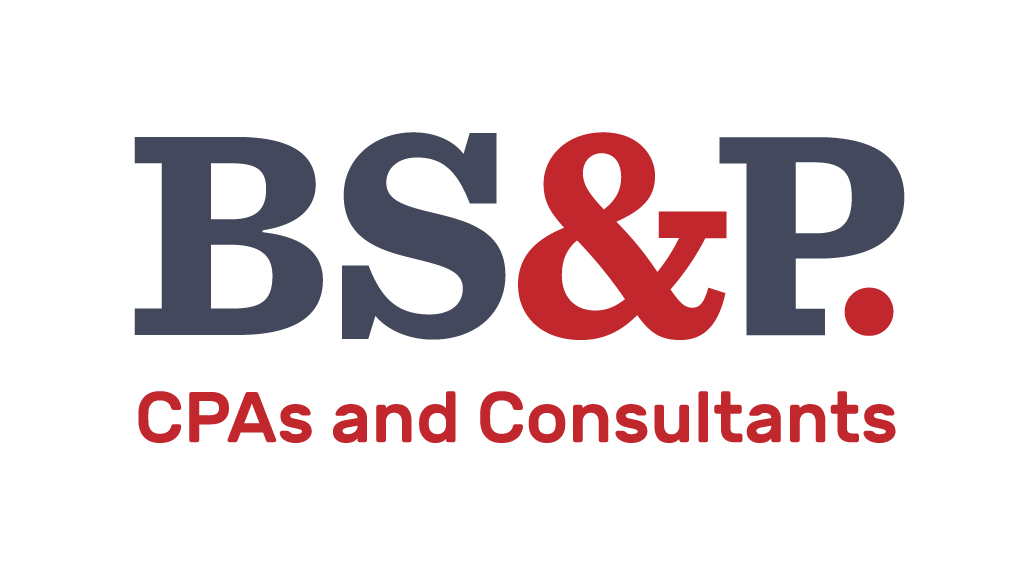
Your status matters
If you work from a home office, you probably want to know: Can I get a tax deduction for the related expenses? It depends on whether you’re employed or in business for yourself.
Business owners working from home or entrepreneurs with home-based side gigs may qualify for valuable home office deductions. Conversely, employees can’t deduct home office expenses under current federal tax law.
To qualify for a deduction, you must use at least part of your home regularly and exclusively as either:
- Your principal place of business, or
- A place where you meet with customers, clients or patients in the ordinary course of business.
In addition, you may be able to claim deductions for maintaining a separate structure — such as a garage — where you store products or tools used solely for business purposes.
Notably, “regular and exclusive” use means consistently using a specific, identifiable area in your home for business. However, incidental or occasional personal use won’t necessarily disqualify you.
The reason employees are treated differently
Why don’t people who work remotely from home as employees get tax deductions right now? Previously, people who itemized deductions could claim home office expenses as miscellaneous deductions if the arrangement was for the convenience of their employers.
However, the Tax Cuts and Jobs Act suspended miscellaneous expense deductions for 2018 through 2025. So, employees currently get no tax benefit if they work from home. On the other hand, self-employed individuals still may qualify if they meet the tax law requirements.
Expenses can be direct or indirect
If you qualify, you can write off the total amount of your direct expenses and a proportionate amount of your indirect expenses based on the percentage of business use of your home.
Indirect expenses include:
- Mortgage interest,
- Property taxes,
- Utilities (electric, gas and water),
- Insurance,
- Exterior repairs and maintenance, and
- Depreciation or rent under IRS tables.
Note: Mortgage interest and property taxes may already be deductible if you itemize deductions. If you claim a portion of these expenses as home office expenses, the remainder is deductible on your personal tax return. But you can’t deduct the same amount twice — once as a home office expense and again as a personal deduction.
Figuring the deduction
Typically, the percentage of business use is determined by the square footage of your home office. For instance, if you have a 3,000 square-foot home and use a room with 300 square feet as your office, the applicable percentage is 10%. Alternatively, you may use any other reasonable method for determining this percentage, such as a percentage based on the number of comparably sized rooms in the home.
A simpler method
Keeping track of indirect expenses is time-consuming. Some taxpayers prefer to take advantage of a simplified method of deducting home office expenses. Instead of deducting actual expenses, you can claim a deduction equal to $5 per square foot for the area used as an office, up to a maximum of $1,500 for the year. Although this method takes less time than tracking actual expenses, it generally results in a significantly lower deduction.
The implications of a home sale
Keep in mind that if you claim home office deductions, you may be in for a tax surprise when you sell your home.
If you eventually sell your principal residence, you may qualify for a tax exclusion of up to $250,000 of gain for single filers ($500,000 for married couples who file jointly). But you must recapture the depreciation attributable to a home office after May 6, 1997.
Don’t hesitate to contact us. We can address questions about writing off home office expenses and the tax implications when you sell your home.
© 2024
